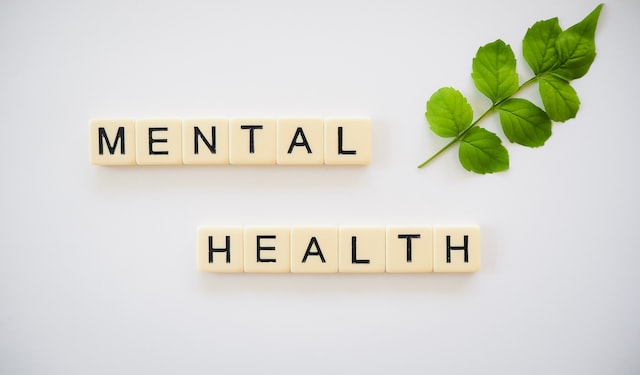We often focus on keeping our physical health in tip-top shape, but it is just as important to take care of our mental health. It is the foundation for our emotions, thoughts, communication, learning, resilience and hope.
In today’s world, mental illness is a leading cause of disability worldwide. Despite modern treatment, many countries suffer from a significant unmet need for mental health services.
1. Mental Health Is A Part Of Physical Health
One of the reasons why mental health is important is because it helps prevent or manage many common physical conditions. A person with a mental illness can be more susceptible to illnesses such as diabetes, heart disease, and even cancer.
The way a person feels about themselves, their life, and their relationship with others plays a significant role in their physical health, too. Emotional distress causes somatic symptoms such as body pains, headaches, nausea, vomiting, fatigue, dizziness, memory problems, trouble breathing, and more.
A healthy diet, exercise, and regular sleep can help reduce somatic symptoms of emotional distress. They can also boost a person’s mood, improve overall well-being and decrease the risk of chronic illness.
It is also a good idea to talk about your experiences with mental health issues with a professional. This can be through psychotherapy or by taking prescription medications, like antidepressants or antipsychotics. This can help you feel more comfortable and in control, and reduce the risks of isolation and self-harm.

2. Mental Health Is A Part Of Social Health
Having healthy relationships and a strong network of friends is one of the most important factors in your social health. You need people to lean on during tough times, and you need them to support you when you are facing challenges.
Mental health is an integral part of social health and it has a large impact on the way we feel, think and act. This makes protecting and restoring it an important concern for public health professionals.
It is also important to recognize that mental health changes over time, just like your physical health. That’s why it’s important to practice self-care and avoid unhealthy coping mechanisms such as smoking or drinking alcohol.
Studies show that having a poor mental health status is a risk factor for suicide, self-harm and violence. Hence, early intervention is the key to successful treatment and recovery.
3. Mental Health Is A Part Of Financial Health
Mental health is a very important part of financial health because it affects your ability to save money and reach your goals. It also determines your attitudes and behaviors around money.
Many people struggle with their finances and can become extremely stressed about it, which can have a negative impact on their mental health. If you are dealing with mental illness and have trouble managing your money, seek professional help right away.
It is important for you to keep track of your bills and account details, and make sure you are paying them on time and in full. This will reduce the stress you are feeling and give you peace of mind.
Mental illness can also negatively affect your finances and lead to problems with debt. Problem debt is a major source of stress, and people who have debts and have problems with their finances are four times more likely to have depression than those who do not.
4. Mental Health Is A Part Of Spiritual Health
One of the reasons why mental health is important for spiritual health is because it helps people cope with stress and build relationships. It also gives people a sense of purpose and forgiveness.
In addition, it helps people find unity with their surroundings and encourages expression in forms such as poetry or art. Moreover, it teaches the importance of honesty, kindness and compassion.
It can be a helpful way to find meaning in life and can reduce the likelihood of suicide. In fact, hospitals employ spiritual advisors to counsel patients.
Studies have found that people who have a strong spiritual belief have better mental health. These people are less likely to experience depression, anxiety and psychiatric disorders.

